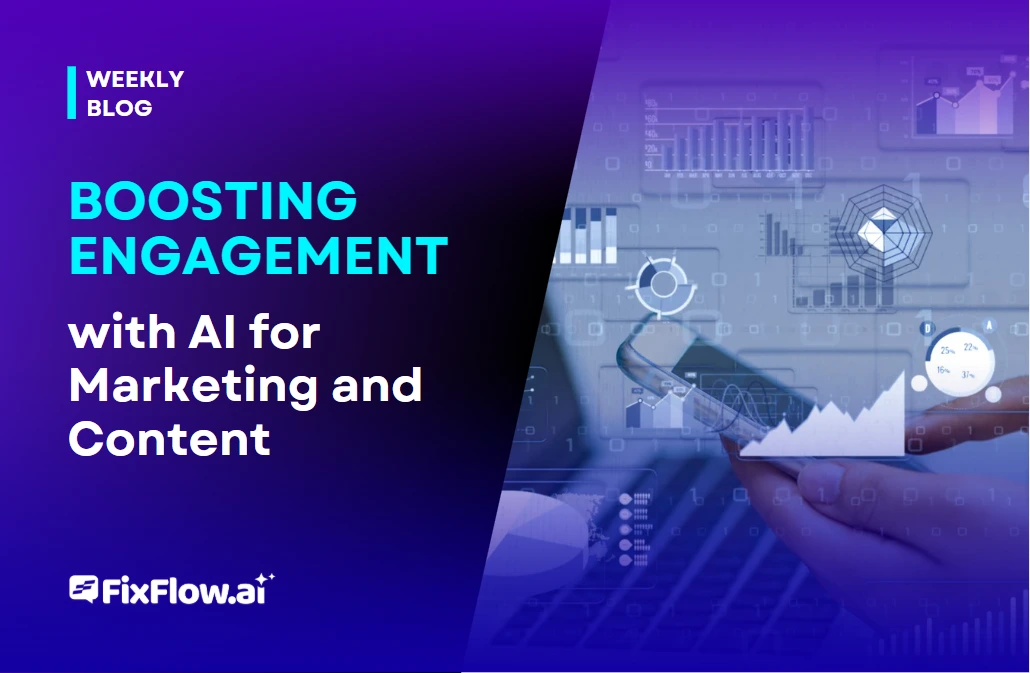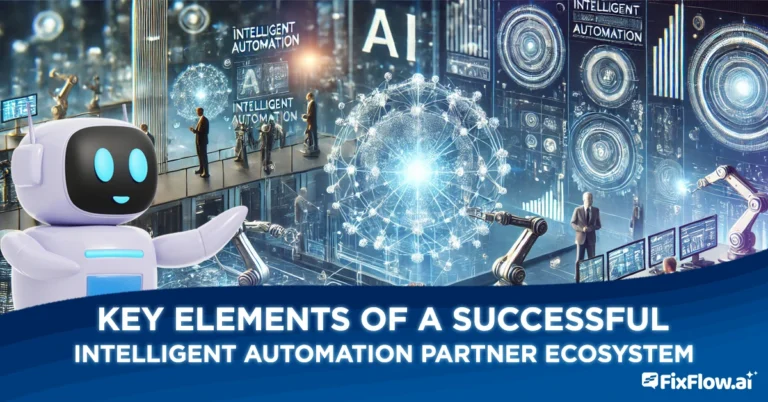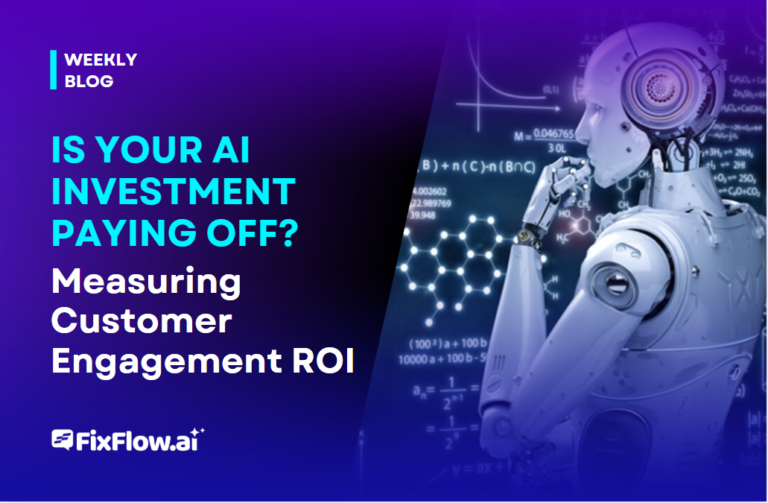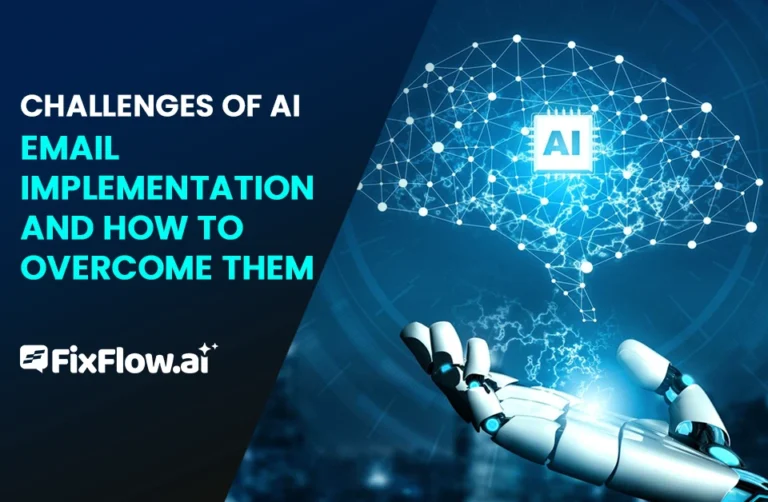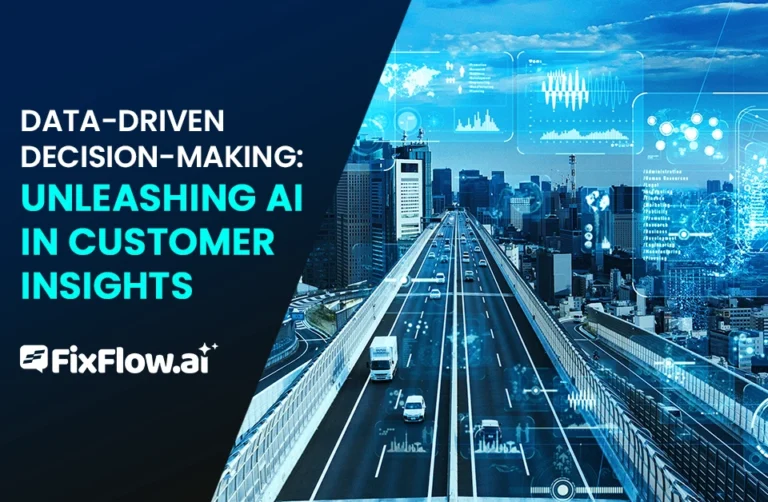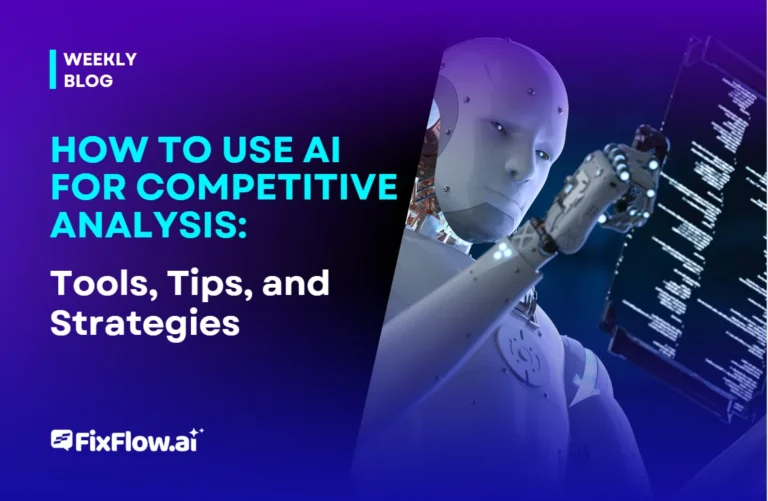Boosting Engagement With AI for Marketing and Content
AI transforms marketing engagement through advanced customer segmentation, predictive content delivery, and automated social campaigns. You’ll benefit from AI chatbots providing 24/7 customer interactions while qualifying leads and reducing bounce rates. These tools analyze thousands of data points to create dynamic micro-segments and personalize content timing for maximum impact. Measuring improvements in click-through rates and conversion costs helps quantify your AI marketing ROI. The strategies below will revolutionize how you connect with your audience.
Understanding AI-Powered Customer Segmentation
While traditional segmentation relied on basic demographics, AI-powered customer segmentation transforms how you categorize and understand your audience. Rather than sorting customers into broad buckets, AI analyzes thousands of data points to create dynamic, nuanced groups based on predictive audience behavior.
These systems continuously learn from interactions, refining segments as customer preferences evolve. You’ll discover micro-segments you never knew existed, like weekend shoppers who browse on mobile but purchase on desktop.
With customer experience automation, you can deploy personalized content to these segments instantly. When someone shifts behavior patterns, AI recognizes this change and modifies their segment membership accordingly. This real-time adaptability guarantees your messaging remains relevant, dramatically improving engagement and conversion rates across all touchpoints.
Predictive Analytics for Personalized Content Delivery
Because consumers now expect tailored experiences, predictive analytics has become essential for delivering the right content at precisely the right moment. By analyzing patterns in user behavior, AI can forecast what your audience wants before they even search for it.
Your data-driven engagement strategy should leverage these predictions to create seamless customer journeys. When your systems anticipate needs based on browsing history, purchase patterns, and demographic information, you’ll see higher conversion rates and deeper brand connections.
Personalized content delivery isn’t just about showing relevant products. It’s about timing content to match the customer’s position in their journey. AI excels at determining when to send that newsletter, display that ad, or offer that discount, ensuring your marketing resonates rather than interrupts.
Automating High-Converting Social Media Campaigns
Since most consumers interact with brands across multiple platforms daily, AI-powered automation has transformed social media marketing from a time-consuming challenge into a strategic advantage. You can now deploy AI-powered marketing tools to analyze engagement patterns and automatically adjust posting schedules for peak visibility.
These AI-driven campaigns eliminate guesswork by identifying which content types resonate with specific audience segments. Tools like Buffer’s AI assistant and Hootsuite’s recommendation engine can schedule posts, suggest ideal hashtags, and even predict which creative elements will drive the highest engagement rates.
The real power comes when you connect these tools to your CRM systems, creating feedback loops that continuously refine your targeting based on actual conversion data rather than vanity metrics.
Implementing AI Chatbots for Real-Time Engagement
As visitor attention spans continue to shrink, AI chatbots have emerged as powerful tools for capturing and maintaining real-time engagement on your digital platforms. Implementing conversational AI in marketing allows you to provide instant responses to customer inquiries, regardless of time zone or business hours.
Today’s sophisticated chatbots don’t just answer FAQs, they qualify leads, recommend products, and collect valuable user data while maintaining natural conversations. You’ll find AI for engagement particularly effective at reducing bounce rates by offering immediate assistance when visitors demonstrate exit intent.
For best results, program your chatbots to escalate complex issues to human agents while handling routine inquiries automatically. This balanced approach guarantees customers receive timely support without sacrificing the personal touch that builds lasting relationships.
Measuring ROI From AI-Enhanced Marketing Strategies
Many marketers struggle to quantify the actual return on their AI investments, but tracking specific metrics is essential for justifying their AI marketing budget. When marketing with AI, focus on measuring both immediate engagement metrics and long-term conversion impacts.
Start by establishing baseline performance before implementation, then track improvements in click-through rates, conversion rates, and customer acquisition costs. Content performance tracking tools can help you identify which AI-generated or AI-optimized content delivers the strongest results.
Don’t overlook efficiency gains; measure time saved on content creation and customer service interactions. Calculate cost savings from reduced human resources alongside revenue increases. The true ROI of your AI marketing initiatives emerges when you combine both quantitative metrics and qualitative improvements in customer experience.
Frequently Asked Questions
How Much Technical Knowledge Is Needed to Implement AI Marketing Tools?
Most AI marketing tools require minimal technical knowledge to implement. You’ll need basic digital literacy, but many platforms offer user-friendly interfaces with drag-and-drop features. While complex customization might require some coding skills, beginners can start with no-code solutions. As you grow more comfortable, you can gradually explore advanced features. The learning curve varies by tool, but vendors typically provide tutorials and support to help you get started.
Can Small Businesses Afford Enterprise-Level AI Marketing Solutions?
Many small businesses can’t afford enterprise-level AI marketing solutions in their traditional form. However, you’ll find numerous affordable alternatives: SaaS platforms with tiered pricing, AI tools with free/basic versions, and open-source options. Additionally, AI marketing technologies have become more accessible through pay-as-you-go models. Your best approach is starting with specific tools addressing your greatest needs rather than investing in all-encompassing suites designed for larger organizations.
How Do AI Marketing Tools Handle Multiple Languages and Cultural Nuances?
AI marketing tools vary in multilingual capabilities. You’ll find some advanced platforms offer built-in translation and localization features, while others integrate with specialized cultural adaptation services. The best tools employ natural language processing to understand idioms and cultural references across languages. However, you’ll still need human oversight to catch nuances AI might miss. For ideal results, consider platforms specifically designed for cross-cultural marketing or those offering regional expertise modules.
What Ethical Guidelines Exist for AI-Generated Marketing Content?
Ethical guidelines for AI-generated marketing content include transparency (disclosing when content is AI-created), avoiding deceptive practices, respecting intellectual property rights, and maintaining data privacy. You’ll need to follow industry standards like the IAB’s guidelines and comply with regulations like GDPR or CCPA. It’s your responsibility to review AI outputs for bias, accuracy, and cultural sensitivity before publishing. Always prioritize human oversight in your AI marketing processes.
How Can AI Help Balance Automation With Authentic Human Brand Voice?
AI helps balance automation with an authentic human voice by letting you train algorithms on your brand’s unique style and tone. You’ll want to establish clear voice guidelines, review AI outputs regularly, and use human editing to maintain authenticity. Consider a hybrid approach where AI handles routine content while your team focuses on creative, emotional elements. Always test content with real audiences to verify it resonates despite being AI-assisted.

